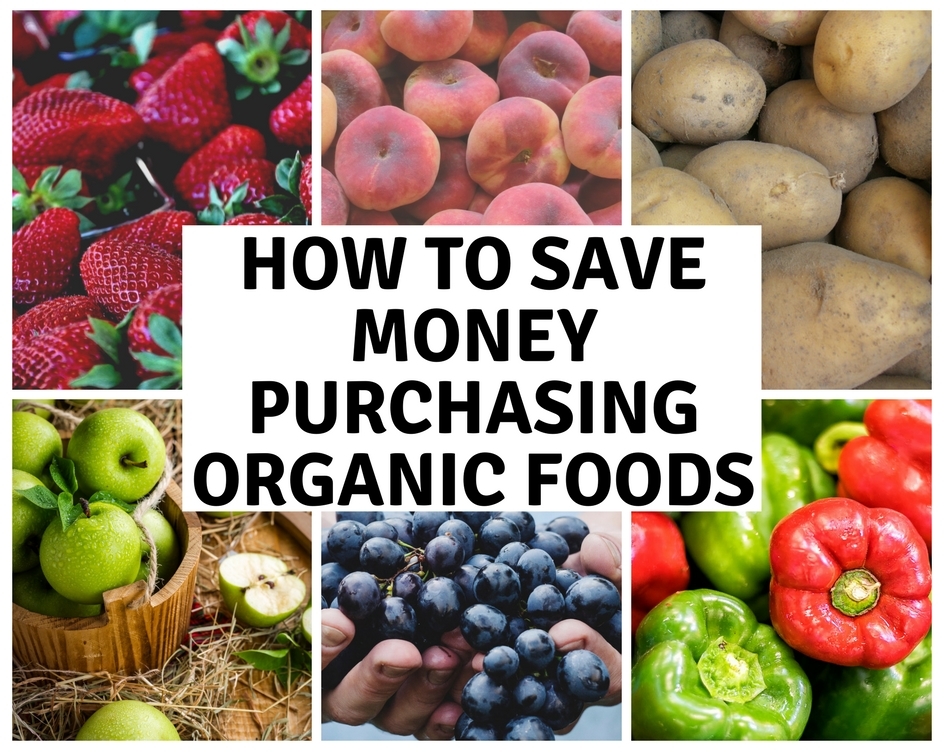To save money when purchasing organic foods, first, you must understand what organic foods are. The USDA certifies organic foods that are grown and processed according to their regulations. These regulations address many factors including, but not limited to, soil quality, animal welfare, pesticides, and the use of additives.
However, other organizations have more or sometimes less stringent regulations. So, when you see a package labeled as organic, check what seal they are displaying. If the claim is certified by an organization other than the USDA, look them up to see if their regulations are worth the price tag.
Here is the truth. Organic farmers use natural substances and make every effort to provide the best conditions possible. What you may not realize is that organic does not mean pesticide-free. In fact, organic farmers are permitted to use a long list of “natural” pesticides. To date, there is no evidence to show that organic pesticides are any safer than conventional synthetic pesticides.
So what is a consumer to do? Especially when considering the price tag of organic foods, it can be a tough call. The answer on how to save money when purchasing organic foods … only buy organic when you need to.
The Dirty Dozen
Each year the Environmental Working Group puts together a list of the types of produce with the most pesticide residue. The EWG nicknamed the top offenders The Dirty Dozen. They suggest that purchasing these 12 foods organic you could cut down your pesticide intake up to 80%. Foods included on The Dirty Dozen include:
- Apples
- Strawberries
- Grapes
- Kale, Collard & Mustard Greens
- Pears
- Cherries
- Peaches
- Spinach
- Bell Peppers & Hot Peppers
- Nectarines
- Blueberries
- Green Beans
The Clean 15
Another rule to go by is to purchase foods that you will eat the skin on organic. If you are going to peel the skin, like on an avocado or orange, you do not need to worry about purchasing organic. The EWG also puts out a list of the cleanest foods called The Clean 15. Many of these foods follow the skin rule and include:
- Avocados
- Sweet Corn
- Pineapples
- Cabbage
- Frozen Sweet Peas
- Onions
- Asparagus
- Mangos
- Papayas
- Kiwi
- Sweet Potatoes
- Watermelon
- Carrots
- Honeydew Melon
- Mushrooms
Print out the lists and keep it in your wallet or transfer them to a note in your phone. Download their app which will update yearly when the list updates. Following these tips should help you spend your money purchasing organic where it is truly worth it!
